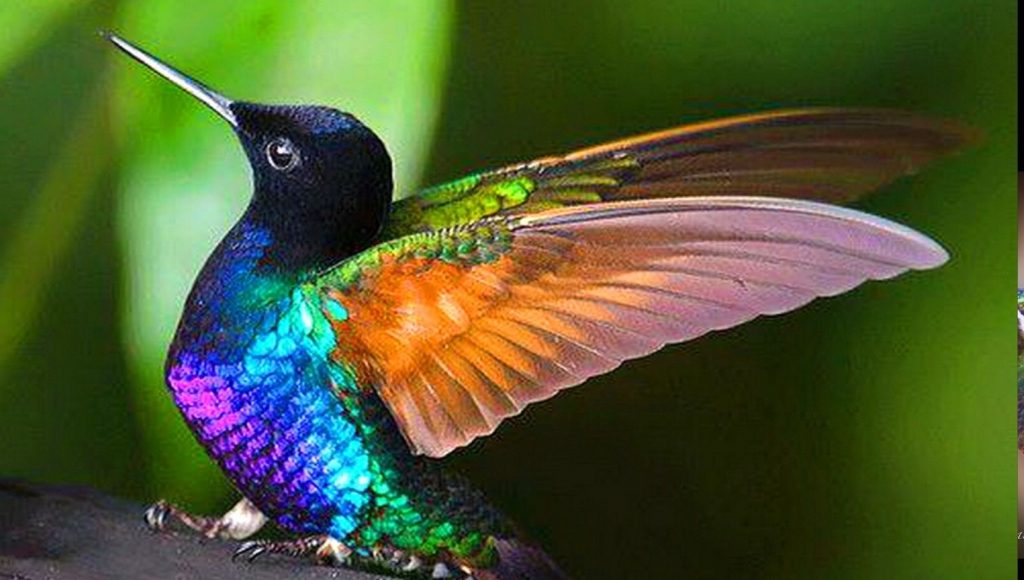Three Poems
The Elderberry
The worsening condition of
the elderberry is not
a reflection of the world, its ills
irrigating this vine of anxiety
creeping up my pant-leg. Its black
berries that used to juice
the sky so matter-of-factly
have gone, surrendered to some
blight the squirrels ignore
or call plainly imaginary. Its white
flowers no longer slow the
speed of time to reach inside
a passing ray of light for
the piecemeal of peacemakers.
But still, the morning glories
sound another day’s survival,
twine about my neck as
if some human implication.
Cirrhotic and Serene: A Palinode
After Frost’s Stopping by Woods on a Snowy Evening
and Pollan’s Second Nature
Whose woods are these? No rood or door
is here to mark some human presence; fleur-
de-lis to say “Come in” or “Go.” No sorrow
parted root and deer or seeks the Florida
Keys for immortality, not yet. Tomorrow
Sir David Attenborough
reports again the capital of strife
is forested, accompanied by “row, row,
row your boat.” Why not just file “Life”
under “Flies,” accept the itchy “Self”
as loose-leaf fleas? The sole disqualifier:
the land, flesh on its lumpy shelf:
immutable as destiny; rife with desire;
seedier than wood-supplanted fire.
On miles of rail my spell’s humidifier
is sleeping, like a wooden, smiling liar.
… Monkey Do
The professor was inspired by sea-monkeys.
He’s lectured in Paris about the unruly discipline
of parasites. For students, he demonstrates how
to expertly draw blood from a largemouth
bass. (“Monkey see …” he thinks.) He loves to
say, “An accident can make a fine assistant,” then
cite evidence to the contrary. “A tapeworm
is nature’s cruel hug,” is another secular proverb
he loves. As the Karner blue caterpillar is
to wild lupine, the professor is to sick humor
and chimpanzees. His crew shocks sections of
an Illinois stream to catch musky and test
for “a variety of cooties.” He loves the best
of all possible diseases (still at large) whose DNA
will lead to the fastest and cheapest method
for detecting a threat to the people he loves.






